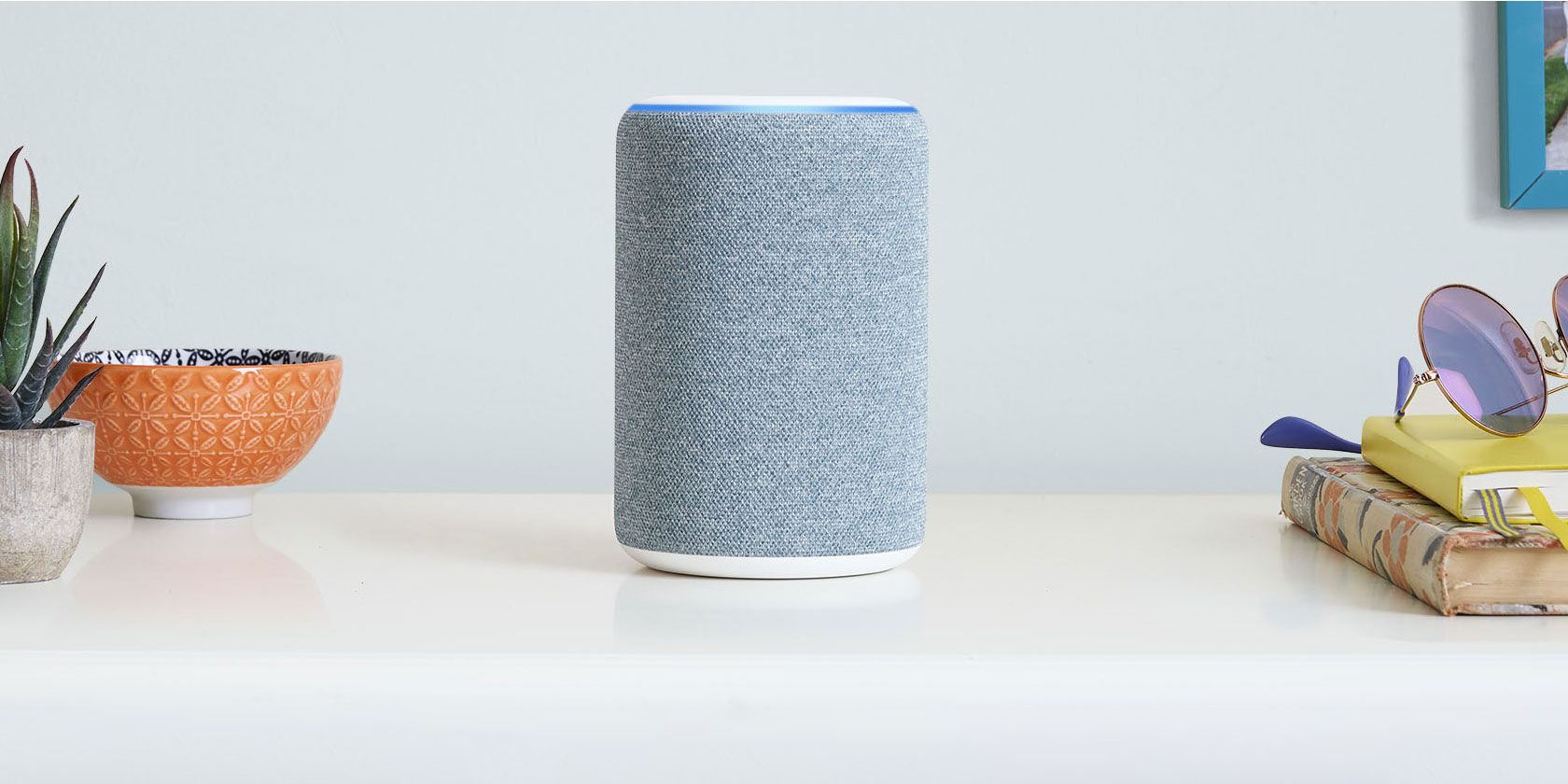Researchers at Carnegie Mellon University have developed a system for interacting with smart speakers and other voice-assisted devices without using wake words.
The system, which relies on machine learning, could be the foundation for a secure alternative to always-on home assistants.
How Does the New System Work?
The new findings were published in a research paper [PDF] by a four-person research team, who also provided a video explaining how the new model could function.
The research concentrates on the Direction of Voice, a technique that determines both the position and angle speech is coming from. This differs from today's smart devices, which tend to only focus only on the origin position of a sound.
The current approach also relies on a specific wake up word, which is why changing Alexa's wake up word to something else only gives you one or two more options.
When a person speaks, their voice creates echoes around the room, which all arrive at a smart speaker at different times. By analyzing the timing, volume, and frequency spectrum of the sound every reflected echo makes, the new system can predict whether a user is talking in the direction of the smart object or facing away from it.
Alongside the research paper, the team also provided a GitHub link to the dataset used to train the neural network. The 11,520 unique phrases in the dataset were enough to train a smart speaker to predict the angle a user was facing to an accuracy of 90 degrees.
The calculations required to determine direction are lightweight enough to be done on the device locally without connecting to a remote server. The research team behind the new findings hopes that this approach will allow for more fluid interactions with smart devices and offer more privacy to users than cloud-based alternatives.
There's no timeline as to when this technology might appear for public use, but the groundwork is there to abolish the need for wake words eventually. When you no longer need to call a smart speaker by name, does it really need one? Maybe Alexa knows the answer.
An End to Personified Home Assistants?
While this research opens exciting new possibilities for interacting with smart devices, it isn't likely to replace wake words entirely. After all, one of the main draws of smart speakers is that you can interact with them by voice alone while performing other tasks.
It does perhaps promise a future where multiple smart devices can be used in the same space. Instead of waking every smart device within earshot, you could ask a single device to give you the weather report quietly.
It's early days yet, but technology like this could make the seamless human and computer interactions of science fiction a reality in the not-too-distant future.

